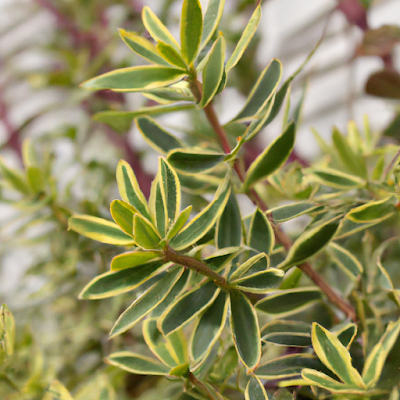Herbal Medicine and Healing
Herbal medicine, also known as phytotherapy or botanical medicine, is the use of plants and plant-derived substances to prevent, alleviate, or treat various medical conditions. It has a rich history that spans cultures and civilizations across the world. Here's an overview of the history, contemporary use, medicinal properties of various herbs, and their applications in treating common ailments:
History of Herbal Medicine:
-Herbal medicine has been practiced for thousands of years. It dates back to ancient civilizations such as the Egyptians, Greeks, Chinese, and indigenous peoples around the world.
-The earliest written records of herbal medicine can be found in ancient texts like the Ebers Papyrus (Egypt, 1550 BCE) and the Huangdi Neijing (China, 2nd century BCE).
-Traditional herbal knowledge was often passed down orally or through apprenticeships, making it an integral part of cultural and indigenous heritage.
-Many modern pharmaceutical drugs have their origins in herbal remedies, as early chemists and pharmacists extracted active compounds from plants.
Contemporary Use of Herbs in Traditional and Alternative Medicine:
-Herbal medicine remains popular in many parts of the world, especially in regions where access to modern healthcare is limited.
-In industrialized nations, herbal remedies are often used as complementary or alternative treatments. They are available in various forms, including teas, tinctures, capsules, and ointments.
-Naturopathic and traditional Chinese medicine practitioners commonly use herbal treatments.
-Ayurveda, the traditional system of medicine in India, also relies heavily on herbal remedies.
Medicinal Properties of Various Herbs:
Echinacea:
Used to boost the immune system and reduce the severity and duration of colds.
Ginger:
Known for its anti-nausea and anti-inflammatory properties.
Turmeric:
Contains curcumin, which has strong anti-inflammatory and antioxidant properties.
Lavender:
Used for its calming and soothing effects, often in aromatherapy.
Peppermint:
Known for its digestive and soothing properties.
St. John's Wort:
Used to alleviate mild to moderate depression and anxiety.
Chamomile:
A popular remedy for promoting relaxation and improving sleep quality.
Applications in Treating Common Ailments:
Digestive Issues:
Herbs like ginger, peppermint, and fennel can help alleviate indigestion, gas, and bloating.
Respiratory Conditions:
Eucalyptus, thyme, and licorice root can be used to ease symptoms of coughs and congestion.
Anxiety and Stress:
Herbs like valerian, chamomile, and lavender can help promote relaxation and reduce stress.
Skin Conditions:
Aloe vera, calendula, and tea tree oil are used to treat various skin issues such as burns, wounds, and acne.
Immune Support:
Echinacea, elderberry, and astragalus can help boost the immune system.
It's important to note that while herbs can offer many benefits, they should be used with caution. The efficacy and safety of herbal remedies can vary, and interactions with medications or underlying health conditions may occur. Consulting with a healthcare professional or herbalist knowledgeable about herb-drug interactions is advisable, especially when using herbal medicine in conjunction with conventional medical treatments.



Comments
Post a Comment